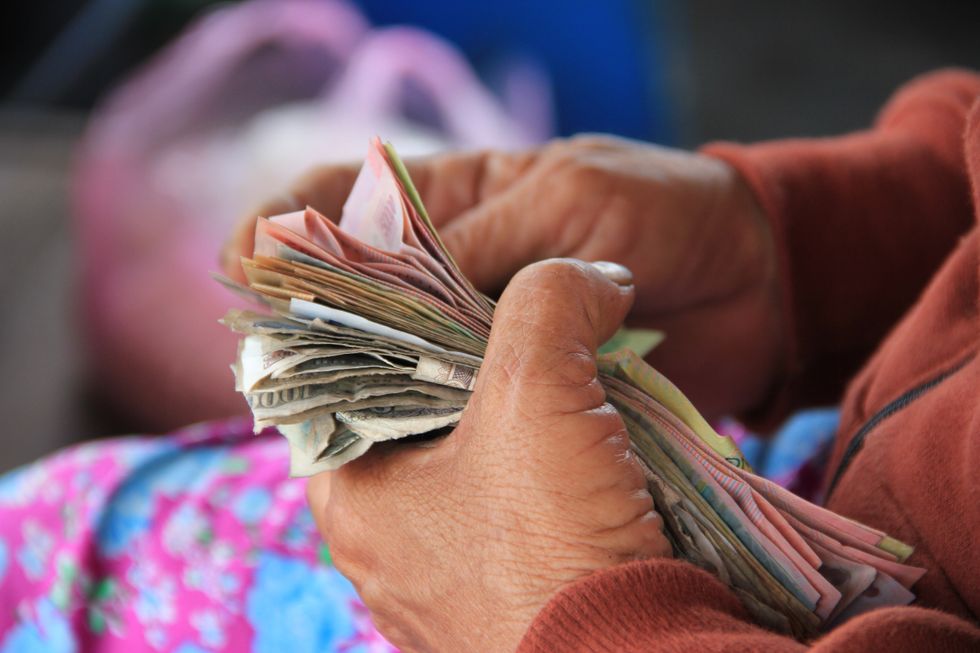Money is thought to make the world go around, and often, it does. Without it, there would be no markets, nor economies; consequentially, there would be no order, as order is dictated by consumer behavior.
The balance of said money, however, is unfavorably tipped in its scale. With the gap between wealthy and impoverished ever increasing, and the overall decline of the American economy in its failure with capitalism, we idealize how having currency in such density could somehow make us happy.
For some, happiness is associated with external factors and happenings, such as materialistic possessions or unforgettable experiences; for others, however, happiness lies in minimalistic comforts, without overbearing demands of life.
When referring to the former, let’s be more specific; more notably, the wealthy, and the seemingly infinite resources available to further improve the quality of their lives. Among the complaints that the wealthy have, you never hear of anything pertaining to financial trouble. Rather, what you may hear about might relate to factors of less monetary value.
Such factors might include sentimental values that are potentially lacking; in other cases, however, issues aside from currency might include social and developmental shortcomings. When one’s wealth becomes a priority over family, friends, and cognitive (and emotional) realization, happiness becomes a luxury that can only be accessed for a short period of time.
Even for those that may have not started out wealthy (or may be middle class), when finances become part of one’s external locus of control, the lifestyle associated with such priority is mostly miserable. This misery is present not only in adults, but in the youth, as well. Teenagers, whether they work for their money, or are handed the money from their parents/guardians, tend to take up the materialistic personality features of their caretakers.
It’s in materialism that dysfunction breeds. Whether a family is poor, middle class, or rich, it’s with a haphazardly established external locus of control that short-term gratification makes for the long-term misery that said families fail to realize they embellish in.
For those that take the Spartan approach to life, what they may lack in financial freedom, they make up for in pure novelty. Minimalism is a sought-after tool for contentment and has been proven as such. The lifestyle associated with minimalism involves ridding oneself of the burdens associated with currency.
This doesn’t necessarily mean getting rid of every bill that comes into the mail box. Rather, it means better using the resources available to make for long-term happiness. To reduce unnecessary demands associated with money, such as unused subscriptions, buying things you end up never using again, and other materialistic shortfalls, you more likely set yourself up for success.
True success lies not in the possession of things. Rather, it’s with the acceptance of what you currently have that you’re free. There are different definitions of freedom. Between the financial freedom of wealth, and the emotional freedom of minimalism, the answer is clear. Once you stop chasing your tail in the pursuit of “having the next big thing,” and accepting your life as it is (so long as you’re comfortable), you’ve got a kind of wealth that billionaires can never touch.







 The minimum wage is not a living wage.
StableDiffusion
The minimum wage is not a living wage.
StableDiffusion
 influential nations
StableDiffusion
influential nations
StableDiffusion












